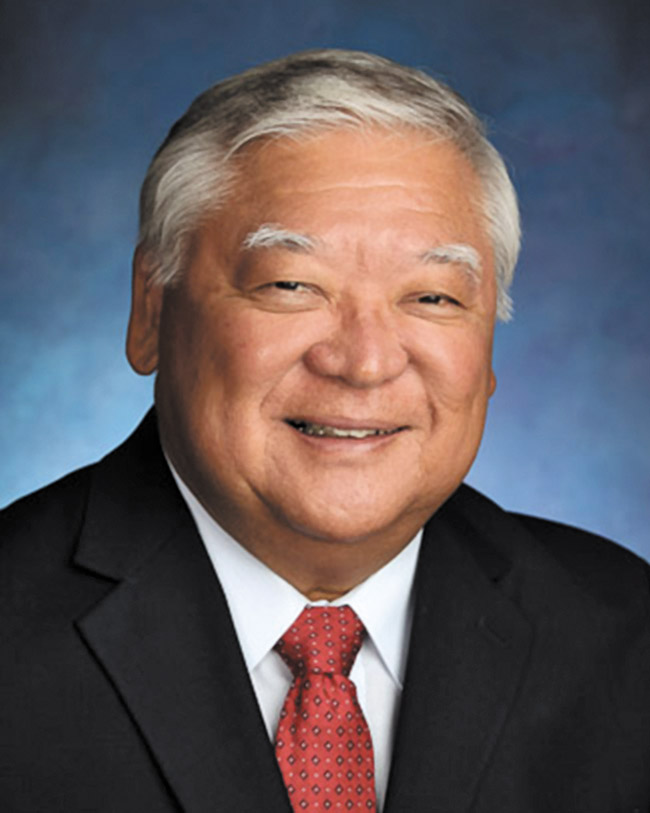Aiming For An Informed Debate On Pesticides
Sen. Clarence Nishihara
The recent debate over a bill allowing Kauai County to regulate pesticides and genetically modified crops has spurred passionate discussion about pesticide use in our communities.
Aspects of this debate have been repeated at dining and policy room tables for decades, generating a trail of erroneous assumptions and misinformation that is challenging to separate from proven facts. To have informed discourse in Hawaii, we need a common understanding of basic information on this important issue.
One inaccuracy is a misconception of the meaning of Experimental Use Permits (EUPs). In Hawaii, EUPs are issued by the state Department of Agriculture (DOA) to allow small-scale (less than 10 acres) field and laboratory trials to determine a product’s effectiveness and generate data to support its use on an unlabeled crop or site. EUP applications, including the product labels and trial protocols, are reviewed by the DOA to assure compliance with Hawaii laws. Shorthand references to EUPs, however, often remove the “UP” from the acronym, simplifying it to just one term – “experimental.” Doing this is misleading to the public and can incite unnecessary fear and anxiety.
There are two major types of pesticides defined by the U.S. Environmental Protection Agency (EPA): restricted use pesticides (RUPs) and general use pesticides (GUPs).
RUPs are not available to the general public; use is allowed by or under the direct supervision of a certified applicator. Certification is attained only after extensive testing to demonstrate an applicator’s knowledge and understanding of EPA and DOA rules and regulations. The majority of the EUPs issued by the state have been for trials using EPA-registered pesticides on crops not listed on the label or at higher labeled rates.
Others have been issued to test product effectiveness under Hawaii conditions for products awaiting EPA registration. In these cases, the active ingredients have never been suspended, cancelled or discussed for cancellation, or denied registration by the EPA.
Alternatively, GUPs can be purchased and used by anyone. While these pesticides are common in many households, easy access does not assure proper use. For example, in 2008, students from Highlands Intermediate School were evacuated from classrooms amid complaints of reaction to an odor. The source – an unsuspecting resident living near the school – accidently had spilled about a pint of malathion, and winds carried the smell makai to the campus. Earlier that year, students from St.
Joseph School were evacuated when an employee applied that common pesticide on campus.
A third pesticide group exempt from EPA registration are minimum-risk pesticides with citronella, garlic oil, mint oil, sesame oil, etc.
For more information about pesticide use in Hawaii, please visit hdoa.hawaii.gov/pi/pest/.
Sen. Clarence Nishihara represents District 17 (Waipahu, Crestview, Manana, Pearl City, Pacific Palisades). Call him at 586-6970 or email sennishihara@capitol.hawaii.gov.






